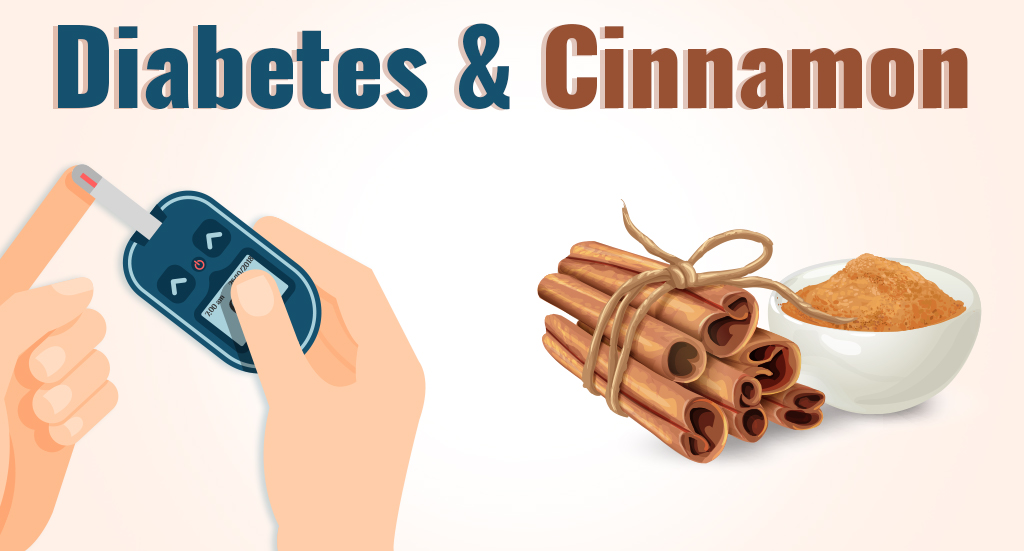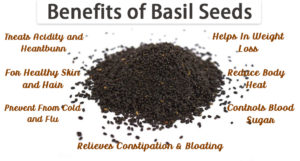Diabetes is a metabolic disorder characterised by abnormally high blood sugar levels. It not only alters glucose metabolism but at the same time affects the whole body’s metabolic system and results in other non- communicable disorders, like cardiovascular abnormalities, abnormalities in kidneys, etc. To deal. with the rising blood sugar, few home remedies are been used from the ancient period, one of these is cinnamon. Cinnamon has an acquired taste of sweet but pungent. The spice is derived from the inner bark of the branches of wild cinnamon trees. This is one of the most used spices used in Indian cuisines. The spices also posses some medicinal properties. Recent studies showed that regular consumption of cinnamon may help to reduce the abnormal blood sugar in type-II diabetic patients.
How Does Cinnamon Affect Diabetes?
Cinnamon is more beneficial in the treatment of type-II diabetes. Through several studies, the benefits are been proven.
- Regular consumption of cinnamon proved to improve blood glucose and cholesterol levels in people with type 2 diabetes. It also may help to reduce the risk factors associated with these metabolic diseases, like arterial damage.
- Another short term study proved that consumption of just 1, 3, or 6 grams through the regular diet not only improves blood sugar level but at the same time may improve the cholesterol profile.
- Another research proves that consumption of 1 gm cinnamon per day can increase insulin sensitivity and help to manage type-II diabetes.
- Research published in 2007 has shown that 6g of cinnamon slows stomach emptying and significantly reduces hyperglycemia after meals without affecting the satiety.
- Through all those researches the beneficial effect of cinnamon has been established, but yet more evidence-based long term research is needed.
Additional Health Benefits Of Cinnamon?
Cinnamon does not only help to regulate blood glucose and lowering cholesterol level, but it also posses the following health benefits, like:
-
- It posses an anti-clotting effect on the blood.
- It has properties which can boost the body’s immunity
- May help to reduce the pain in arthritis
- Helps to treat indigestion
- May reduce cell proliferation of cancer cell in leukemia and lymphoma
- Reduce yeast and bacterial infection
- Inhibit the growth of food spoiling bacteria and preserve the food better
- Good source of vital nutrients, including calcium, fiber, manganese, and iron
Tips For Using Cinnamon:
Though cinnamon is beneficial, the excess might be harmful. In some cases the special herb also have some negative effect, thus following few tips may help to enjoy the benefits:
Keep a food log.
Stick to the suggested diet plan.
Monitor blood glucose and blood pressure regularly.
Speak to a doctor before starting any any new medication, because cinnamon might interact with some category of drug.
Who Should Avoid Cinnamon?
Although cinnamon is beneficial with diabetes, it can be harmful to the people who have liver disease if used in large volumes. Additionally, a type of cinnamon named cassia contains a chemical compound called coumarin. This is harmful to the liver and proved t be fatal if someone already suffering from liver diseases.
Conclusion:
Cinnamon is undoubtedly beneficial to reducing the blood glucose and LDL cholesterol level, but for the exact dosage, and other drug interactions, before start using it, always take an expert’s advice.








